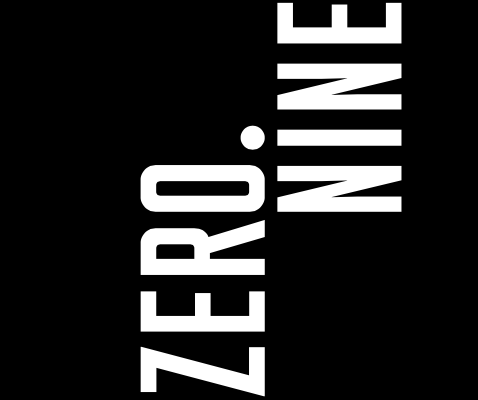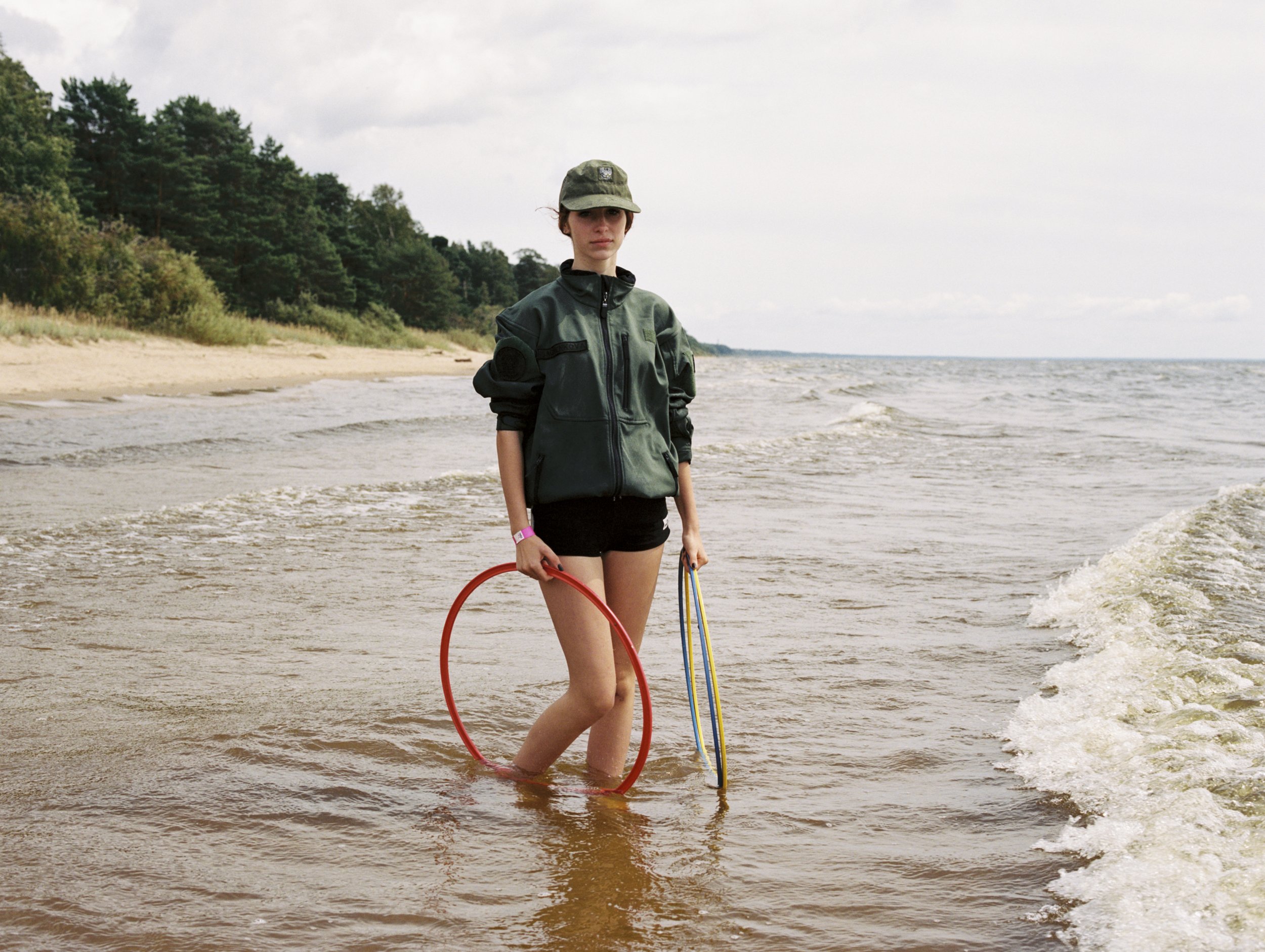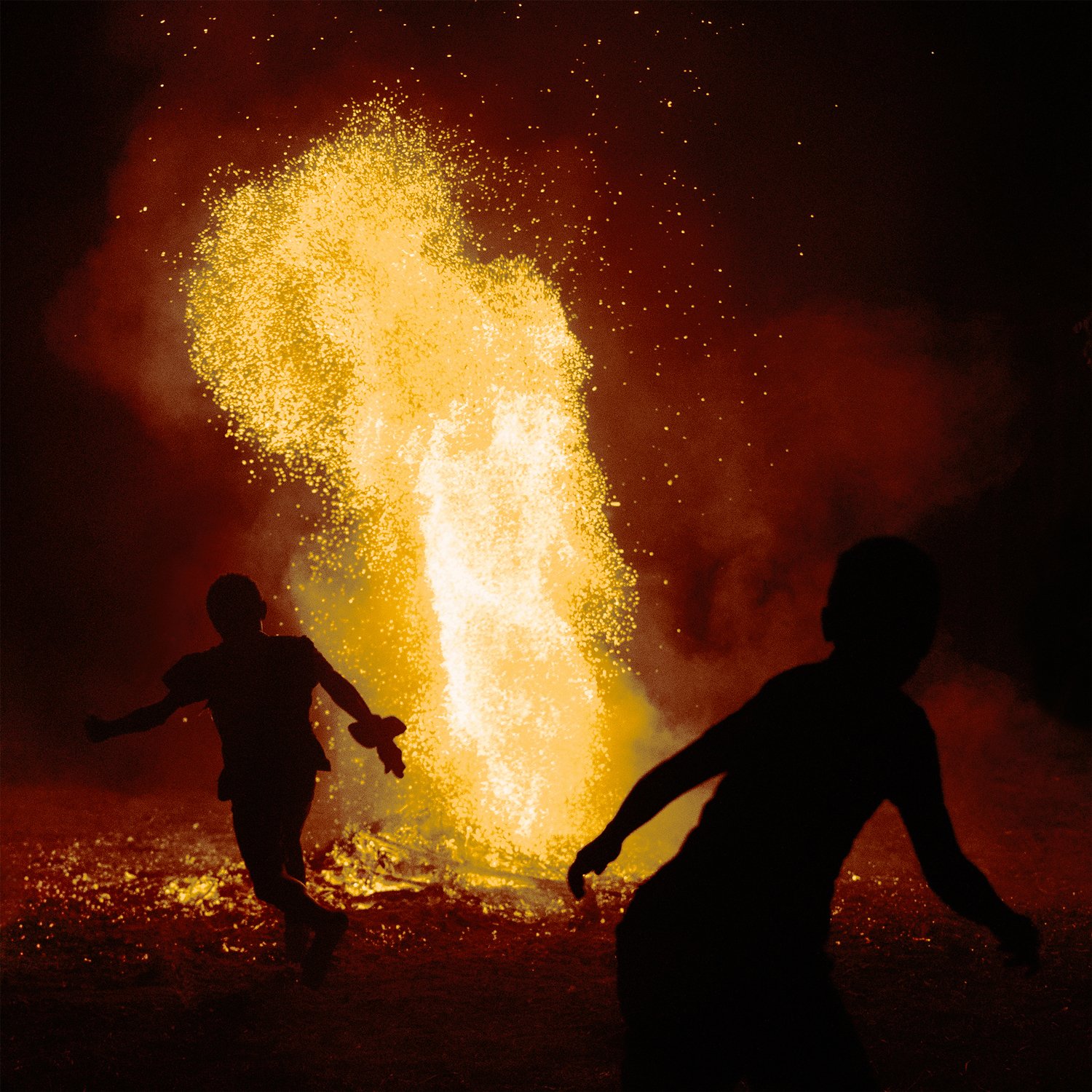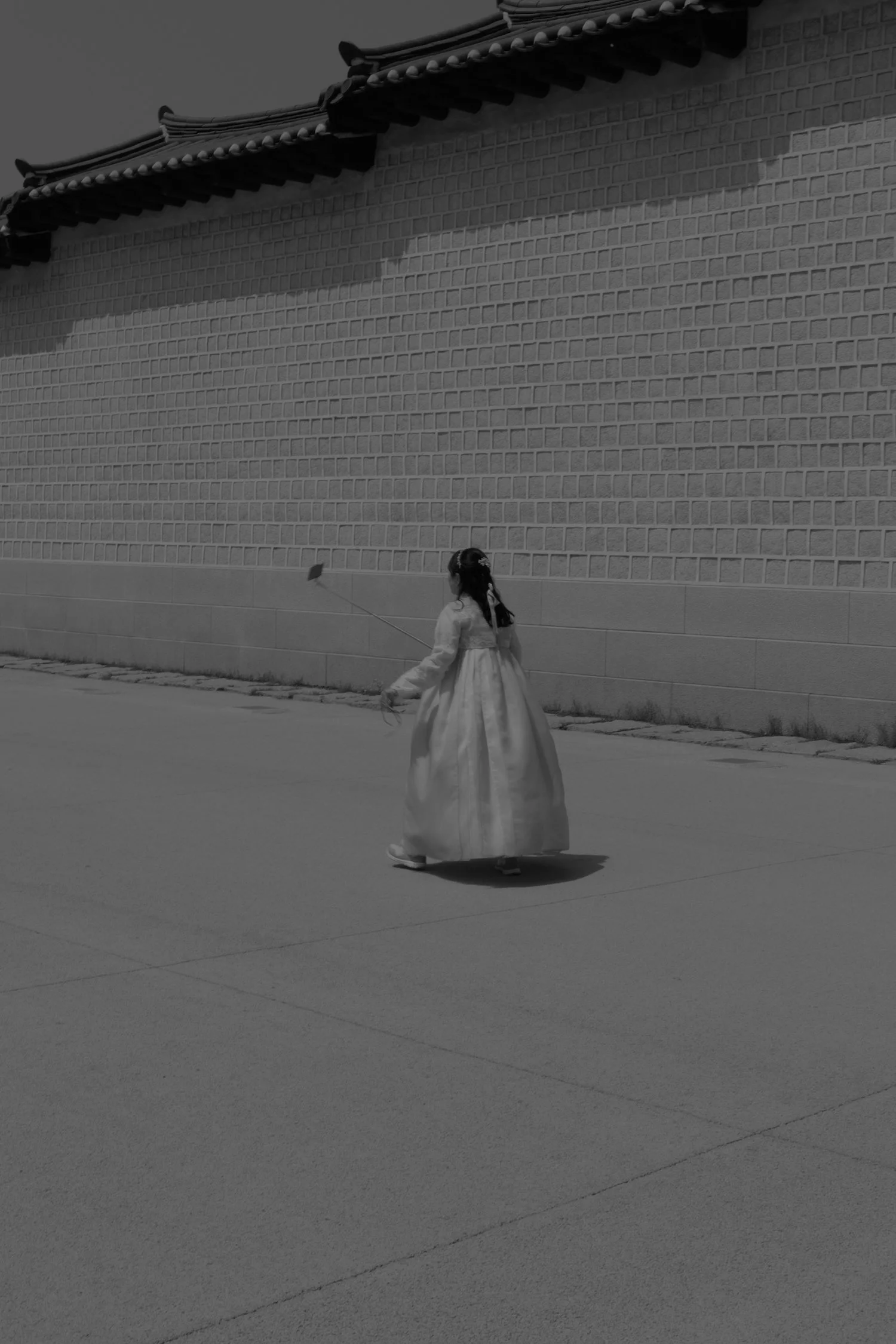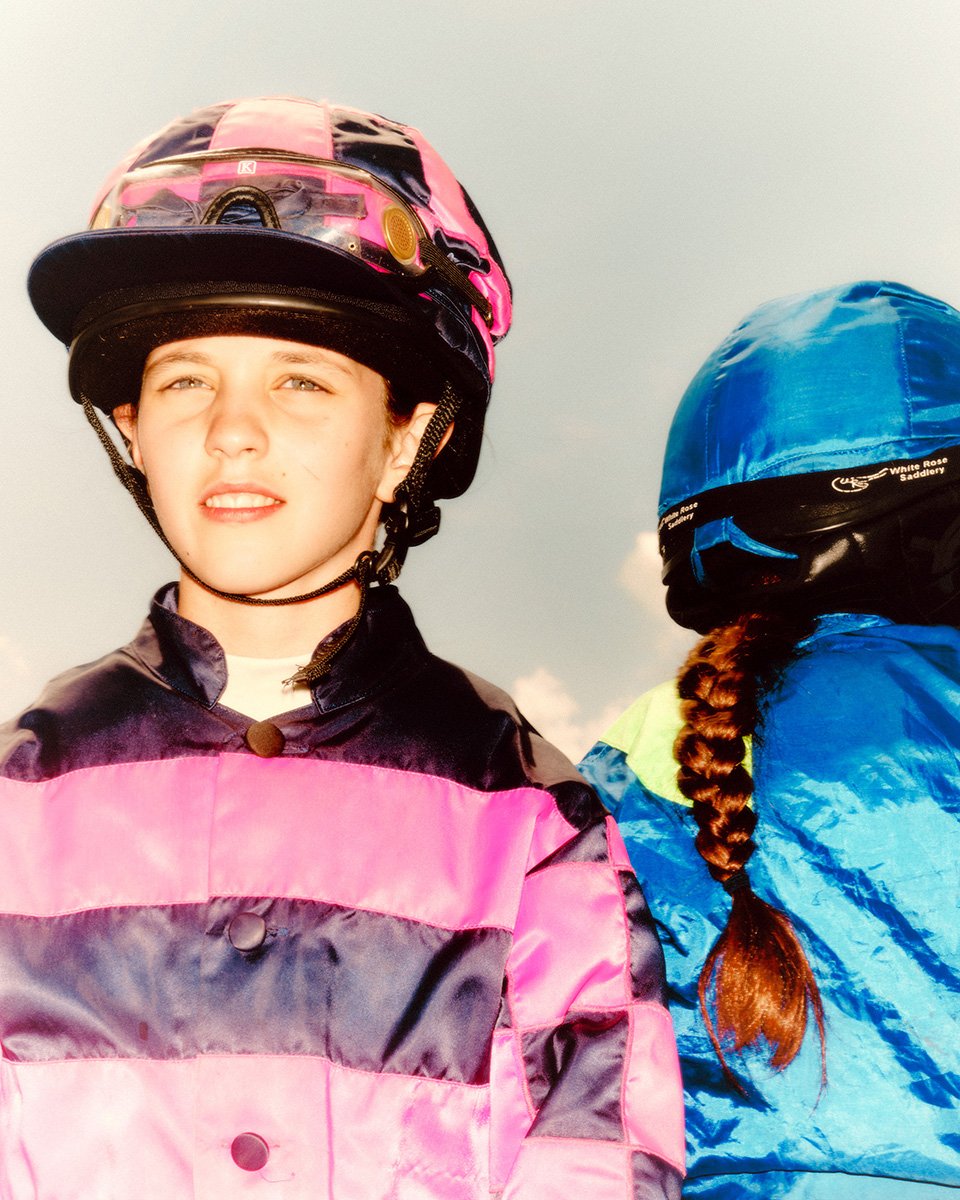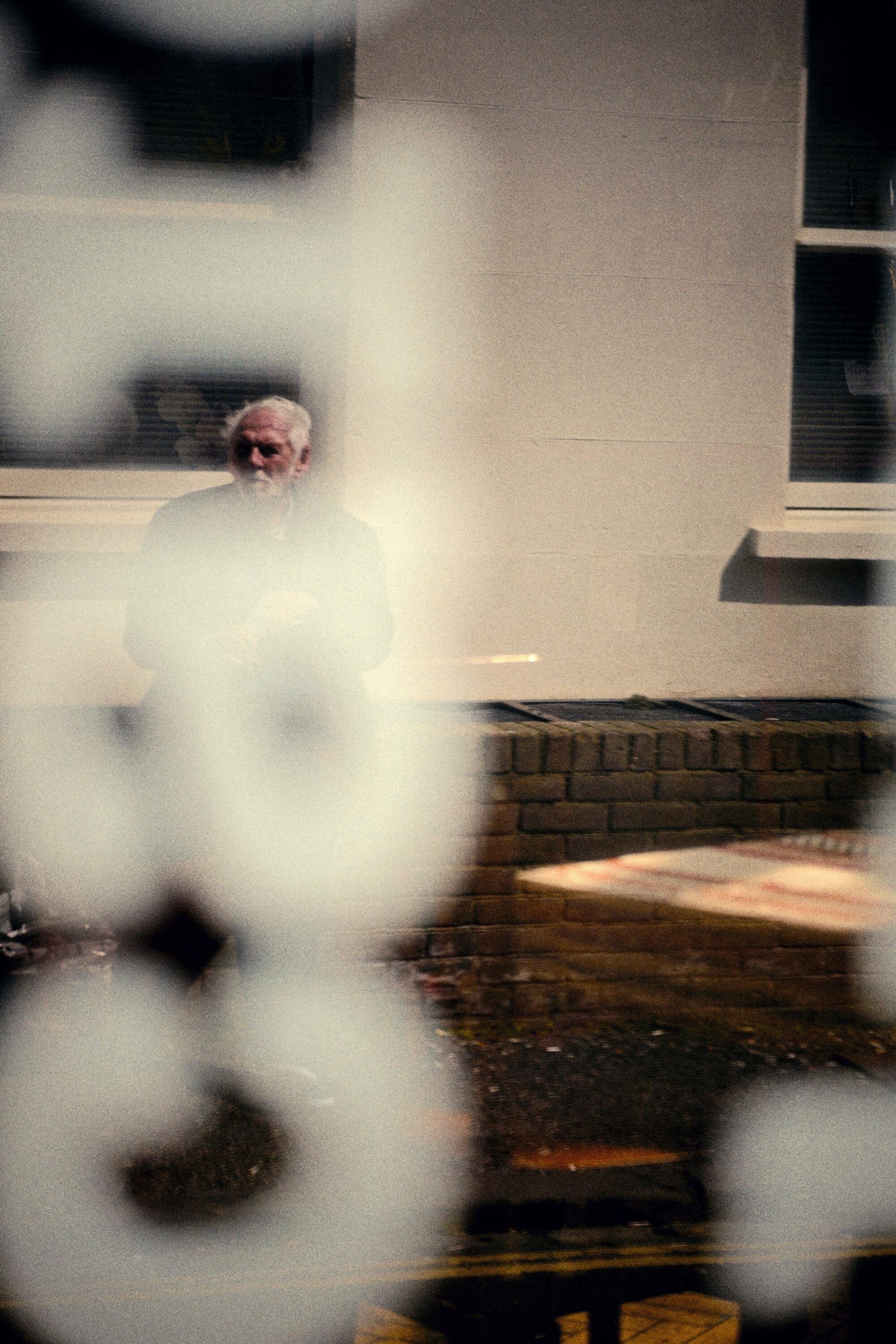Feathered Friends
The number of unwanted parrots kept as pets has been drastically increasing over the last few years, which should challenge us to question what we can do to improve this situation and how we can actively help. London-based photographer Christian Trippe was granted access to the Foster Parrots sanctuary in Rhode Island, USA, to take portraits of some of their residents. An exclusive selection of prints are now available online as part of their annual fundraiser event. We spoke to their Executive Director Karen Windsor in the following interview.
Photography Christian Trippe Lightning, male Blue and Gold Macaw – was attacked by a dog and has a repaired beak.
Hi Karen. Thank you so much for opening the doors to your sanctuary for our visit and allowing us to photograph some of your amazing birds. Could you give us a brief introduction to Foster Parrots?
Foster Parrots is a passionate advocate and resource for the protection of parrots, both in captivity and in the wild, and a relentless crusader for the rights of parrots – and all wild animals – to be free. Our founder Marc Johnson embarked on this journey nearly 30 years ago. We started out as a rescue and adoption organisation, but as the years went by we found we were amassing more and more parrots who were simply unplaceable. It became clear that a lifelong sanctuary situation for these special birds was necessary.
We established the New England Exotic Wildlife Sanctuary (NEEWS) in 2007, on the abandoned site of what was once known as ‘Chickadee Farms’, a chicken, egg and meat factory farm located in southern Rhode Island. Here we turned what was once a place of unspeakable suffering for birds into a place of peace and safety for hundreds of parrots and other exotic refugees of the pet trade. The NEEWS offers lifelong care for parrots who are unable to conform to lives as ‘pets’, and serves as a home base for all the programmes and activities of the organisation.
“We can’t handle what’s coming at us. We log an average of 700 – 1000 requests for the surrender of parrots annually.”
Karen Windsor
What are your biggest challenges at the moment?
The biggest challenge we face is the overwhelming number of unwanted parrots flooding into the shelter system year after year. We can’t handle what’s coming at us. Over 350 parrots are residents at our sanctuary. We log an average of 700 – 1000 requests for the surrender of parrots annually, and these numbers are echoed by rescue organisations across the country as we struggle collectively to catch the fallout from the commercial trade in parrots. Even under the best of circumstances, it is difficult to locate homes capable of meeting the needs of an animal as intelligent and socially needy as a parrot. Complicate those relationships with issues of aggression, psychological manifestations of stress like feather plucking or self-mutilation, and vocal expressions that can literally damage human eardrums… Clearly, we are faced with an overwhelming and ever-expanding burden of unwanted parrots, and from the perspective of the rescue community, the situation is not improving.
Buddy – Umbrella Cockatoo. Buddy is the only cockatoo from her colony who survived the April 2021 fire.
Birdie – Yellow-naped Amazon. They are a highly endangered species in the wild.
Ozzie – Male Eclectus: Overwhelmingly social – a true ambassador bird.
Ozzie – African Grey: He has been surrendered for aggression and a superiority complex – he’s a real force of nature.
As you say having a parrot as a pet is not only a big commitment but also can cause a lot of harm to the animal. Did we fail parrots as humans?
The enormous volume of unwanted parrots being fielded by the rescue community indicates an epidemic failure of parrots as pets. But whose failure is it, really? We’ve done everything in our power to manipulate parrots and to change them to fit better into our lives. We clip their wings and confine them to cages. We remove them from their families and from their flocks and instead try to fit them into ours. We reject their language and expect them to recite our words. We genetically alter their colours and the contours of their feathers to create designer birds. We render them utterly dependent upon us and then, when we find we cannot entirely eradicate the true nature of the animal, we abandon them.
Parrots hang in the balance between who they were evolved to be and what we have tried to mould them into. We now must acknowledge the damage that’s been done and take responsibility for the tragic end result of our fascination with these beautiful, intelligent and profoundly complicated creatures. The massive unwanted parrot problem is evidence of our failure as guardians to parrots.
“Every time a consumer purchases a parrot, it puts a price on the head of every baby parrot in every nest in the wild, and on every adult parrot who flies free.”
Karen Windsor
Foster Parrots not only operates locally but also internationally. Can you tell us more about your international partnerships and the organisations you work with?
We can’t confront the problems surrounding parrots in captivity without acknowledging what’s happening to parrots in the wild. The legal trade in parrots fuels illegal poaching activity and the decimation of parrot populations on a global scale. Every time a consumer purchases a parrot, it puts a price on the head of every baby parrot in every nest in the wild, and on every adult parrot who flies free. As long as a legal market for parrots as pets exists, there is an incentive for the extraction of birds from the wild.
Our partner organisations include Macaw Conservation Costa Rica (MCCR), One Earth Conservation and other organisations in Central and South America who work with indigenous communities, trying to save parrot species that are targets of aggressive illegal trapping and poaching. In some areas of Guatemala and Honduras, nest poaching of scarlet macaws, yellow-naped Amazons and yellow-headed Amazons is happening at a rate of 100%. No chicks fledge. And it is common practice for poachers to cut down the trees to access the babies. There’s a high rate of injury and mortality to the chicks, and a devastating impact on natural resources. Environments that sustain parrot species are being destroyed, and with the loss of each nesting tree, there are fewer opportunities for parrots to breed and sustain their numbers in the wild.
Spunky – Lutino Cockatiel: Despite being a plucker, he’s one of the most joyful and friendly cockatiels in the aviary.
Macho and Gabby – Strongly bonded, Yellow-naped Amazon pair; abandoned in their home when their guardian passed away.
Sugar Bean – African Grey: a survivor of the fire in April 2021.
Tango, vivacious female Blue and Gold Macaw; Tango's guardian was planning to euthanise her, feeling that no one would want a bird like Tango.
What would you recommend to anyone who’s looking to get a parrot as pet?
Never, ever purchase a parrot. I implore people to stop supporting and motivating the retail pet parrot market. Adoption should be the only choice, and there are hundreds of thousands of parrots in need of homes.
If you do choose to bring a parrot into your life, do this not for what you think that bird can offer you, but rather, what you know you can offer that bird in terms of companionship, freedom from caging, safety, stability and compassion. Understand that you are making a commitment to this animal, not just for as long as it’s convenient, and not just for the rest of your life, but for the life of the parrot, who may very well outlive you. Educate yourself and learn how to creatively accommodate natural behaviour rather than try to stop it. Be prepared for the reality of a parrot as a companion.
Can people adopt parrots at your sanctuary?
Running a responsible adoption programme enables us to rescue and help a larger number of birds. The fact is that many parrots who have been bred in captivity and raised by humans imprint on humans socially, and desire human companionship. We always follow the parrot’s lead, and adoption is the answer for many birds we bring into the sanctuary.
Ozzie – African Grey: He has been surrendered for aggression and a superiority complex – he’s a real force of nature.
“On April 1, 2021, we were struck by an unimaginable tragedy when, just before dawn, a devastating fire swept through the sanctuary, taking the lives of 95 precious birds and animals, and destroying 1/3 of the facility.”
Karen Windsor
Just after you had to close the sanctuary due to Covid, a devastating fire broke out in 2021. Can you please tell us more about this?
On April 1, 2021, we were struck by an unimaginable tragedy when, just before dawn, a devastating fire swept through the sanctuary, taking the lives of 95 precious birds and animals, and destroying 1/3 of the facility. We lost our entire cockatoo colony and our Quaker parrot colony. We loved and had cared for many of these birds for 10, 15, 20+ years. The trauma we suffered was crippling, but more than 300 parrots and reptiles who survived the fire still needed our care, compelling us to rise above an impossible level of pain and anguish, and continue our work on their behalf.
Following this tragedy, what are your current plans and needs to rebuild the sanctuary?
We have been operating in a highly compromised facility since the fire. A complete reconstruction of the sanctuary is needed, and we have been working with an outstanding team of architects, project managers and construction professionals as we work to rebuild. Our surviving parrots experienced as much trauma during and after the fire as their human caregivers. They deserve to live in a facility that is safe, beautiful and supportive in every way.
“Foster Parrots is one of the strongest forces in avian welfare nationally and internationally.”
The reconstruction of the NEEWS is not just about housing a bunch of birds in a building in Rhode Island. What we are doing benefits parrots everywhere. Foster Parrots is one of the strongest forces in avian welfare nationally and internationally. We are introducing new ideas and new perspectives to young people and working in cooperation with so many other outstanding organisations to shape the values of the next generation of earth and animal conservators. The New England Exotic Wildlife Sanctuary is a vehicle for change. It belongs to us all.
Birdie – Yellow-naped Amazon. They are a highly endangered species in the wild.
Paco - so sweet and endearing, this little blue-crowned Conure was naked and emaciated upon arrival. All she needed was a little love. Paco was recently adopted.
Missy and Sapphire – Blue and Gold Macaw and Hybrid Macaw: Strongly bonded pair, surrendered into Foster Parrots’ life-long care programme.
What’s the best way to support Foster Parrots and the work you are doing?
We have raised 4 million dollars toward a 6-million-dollar reconstruction project and we are urgently in need of closing that gap. Please donate! Donations of any size are needed; every dollar matters. Large gifts are encouraged as investments in the protection of parrots everywhere and in humane education efforts that inspire earth and animal welfare values in the next generation. If you wish to make a major gift toward the sanctuary reconstruction project, please email Foster Parrots’ Executive Director, Karen Windsor, at Karen@fosterparrots.com.
Will the sanctuary be open again for public tours and visitors? What are your plans for 2024 and beyond?
We will be breaking ground on our capital construction project early in the spring of 2024, and this construction chaos will reign for the remainder of the year. We will do our best to accommodate tours and educational activities throughout the year. Construction will be completed in early 2025. The new sanctuary will enable us to expand on our programmes and serve local and regional communities as a resource and a platform for change.
Thank you so much and all the best for your team and the birds!
Charlie – Hyacinth Macaw: this species is under threat in the wild, bordering on ‘endangered’. Hyacinths are the largest of all Macaw species.
How you can help
On 7th October 2023, Foster Parrots’ Annual Fall Fundraiser event will feature Christian Trippe’s photography in an online auction that will run from 23rd September – 7th October.
Please visit www.fosterparrots.com for information about the Fall Fundraiser, to learn more about the work of Foster Parrots, Ltd., or to make a donation.
